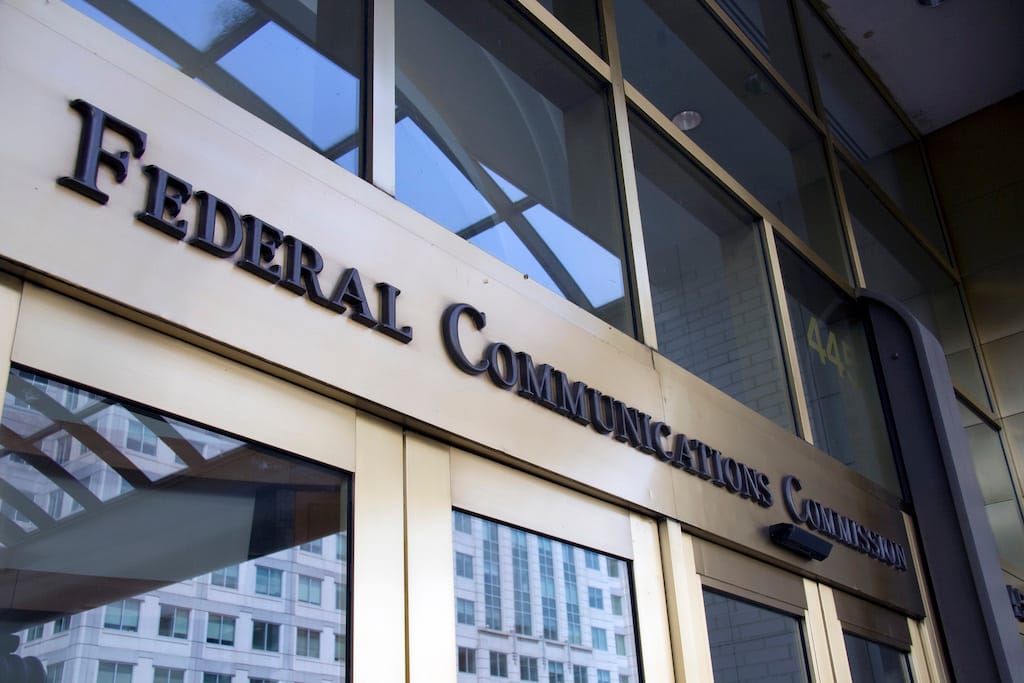FCC Waives Hurricane Idalia Rules, North Carolina Awards, Fiber Deployment in Kansas
The hurricane waiver relieves providers from Universal Service Fund rules.
Jake Neenan

September 5, 2023 – The Federal Communications Commission on Friday waived rules under several broadband subsidy programs in an effort to preserve connection for people affected by Hurricane Idalia.
The FCC waived through November 30 provisions of the Lifeline program and Affordable Connectivity Program that require participants to recertify themselves as being eligible and to use their subsidized internet service at least once a month.
Under the waiver, recipients affected by the hurricane cannot be removed from programs for not paying monthly fees.
“Strict compliance with these rules may be impracticable and may risk harm to Lifeline subscribers,” the order read.
The commission also extended filing and implementation deadlines and waived document retention rules for participants and providers under the E-Rate, Emergency Connectivity Fund, Rural Health Care, and High Cost programs through the same date.
All affected programs provide subsidies for internet access, targeting low-income, rural, and tribal residents, as well as schools and healthcare centers.
Two weeks ago the agency took action in areas affected by the Maui wildfires, waiving similar provisions for the next six months in an effort to safeguard internet and emergency communication access.
The Universal Service Fund, which provides money for the E-Rate, Rural Health Care, and High Cost programs, is facing multiple challenges in court and is the focus of a Senate working group that is evaluating potential reorganizations of the program. The Affordable Connectivity Program is expected by some to run out of funds in early 2024.
More North Carolina GREAT program awards
Broadband providers Charter and Brightspeed announced awards allocated to them under North Carolina’s broadband grant program.
Brightspeed was allocated just over $12 million to expand broadband infrastructure in four counties, while Charter announced awards of over $18 across eight counties from the Growing Rural Economies with Access to Technology grant program.
The GREAT program requires providers to build out at least 100 Mbps download and upload symmetrical speeds. That’s compared to the federal Broadband Equity, Access and Deployment program’s 100 Mbps download and 20 Mbps upload requirements.
The program has awarded the entirety of its $350 million in American Rescue Plan Act funds. Grant recipients are required to match up to 50 percent of the award amount and have two years from the disbursement of funds to complete their projects.
Fiber deployment begins in Kansas
Work on fiber deployment projects has begun in two locations in Kansas with two more planned, according to broadband provider Kwikom.
The projects will serve the entirety of four towns – Ottawa, Wellsville, Pomona, and Quenemo – providing over 7,000 locations with at least 100 Mbps upload and download speeds.
Over $780,000 for the $12 million project will come from the Kansas Capital Projects Fund. The $143 million fund was allocated to the state as part of the American Rescue Plan Act.
“Broadband access is essential in today’s digital age, serving as the backbone of economic growth and community development,” Ryland Miller, president of the Ottawa Area Chamber of Commerce said in a statement.
The Kansas CPF allows the state to provide public matching funds for up to 95 percent of project costs. This makes the fund better suited to fund expensive projects serving the hardest-to-reach areas, according to the state’s director of broadband development.









Member discussion